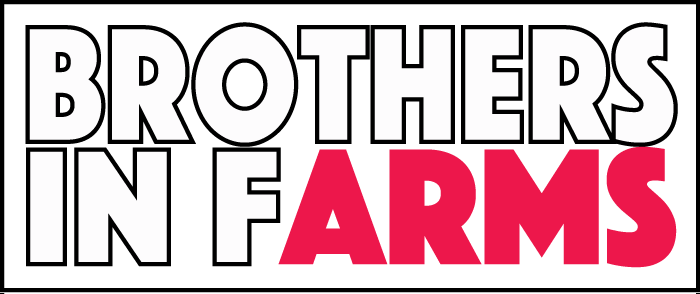Is that real? Absolutely, and the comparison is perfect. If I were talking about one of the last three; hot, hotter and hottest vintages alone someone might think that I was just lucky. What about this year? Not an easy year for mildew and botrytis in the vineyards. Conditions were perfect for infections. But, what if I told you I sprayed less this year in the vineyard than last year? What if I told you that we stopped spraying the vineyards in the first week of June?
It's a lot easier to understand the return on investment of a consultant when they can produce results. We're not selling snake oil either. It's in the biology, conditions, canopy and timing. That's all, nothing fancy just optimizing the growing conditions to meet the goals of the business and knowing when you can take advantage of seasonal opportunities.
To be clear I saved about 50% of our spray budget this year alone and about 33% of our budget last year. In 2015 we sprayed the vineyards with one oil and three chemicals. This year we sprayed the vineyards with one oil and two chemicals. That's it. I also believe that a spray regiment very similar to this can work in most years for Central Washington. Let's look at the most important factors related to reducing our exposure to mildew/botrytis.
"The most important thing you need to know about your enemies is where they live, eat and sleep. If you want to combat mildew and botrytis you need to know these things." Click to Tweet
Mildew and botrytis populations are both created in the Spring.
Keeping a tight spray schedule at this critical point is the most important part of the season. Even though you won't see Botrytis until the end of the season it's multiplication factor is created long before you actually see anything appear. This is awesome news actually, we can utilize this period to hit two birds with one stone. Nip the initial inoculum in the bud, literally.
Botrytis lives off dead plant material.
In the case of botrytis this is easy. If there is dead plant material, leaves, broken berries and such in your canopies and you feel you might be at risk, remove it. Better yet, plan for it before it happens. Remove any parts of the cordon which are not necessary or may cause a problem. This can be accomplished at pruning. If you have a variety that likes to wound it's self such as Petit Sirah that will hang over a cordon wire and break berries open causing a site for infection remove them before that happens in the course of your normal block management. This is called priority management. When removing clusters before veraison for a crop adjustment simply re-prioritize your removal. You are in there anyway, right? You say we need to remove 6 clusters per plant, the highest priority for removal is any cluster that looks like it is going to cause a problem later. See ya, we'll keep the ones we know are going to be good. Get rid of the bad apples first.
Mildew lives off of live plant material.
That's right, it's the opposite of botrytis. I might add that the live plant material has to be fairly supple as well. Once the plants leaves have heavy cuticular wax formed the canopy is much less susceptible to infection. There needs to be a significant infection in the canopy for the berries to be affected so the canopy is the main source for the mildew. There are a few factors working here. One is your water management. If you have read my post on water management then you should be getting cane browning earlier in the season. This growing is the oxidation and aging of the outside layer of canes... or dead plant material. Mildew can't thrive on this as a food source. There is also an increase of phenolic compounds in the plant and berries as they progress through the season. These interactions are considered ontogenic resistance, the plant is helping you do your job but, you need to help the plant get there.
The second most important factor is understanding how you fit in in the puzzle. Am I a mildew enabler?
To be continued...
Learn how to get the most out of your vineyards every vintage
Brothers In Farms: Is a vineyard business management consulting service that will bring new ideas into your vineyard and winery operations that help improve the quality of your products while working within your current infrastructure. No new fancy gadgets, just great ideas with exciting results.
If you need new and fresh ideas to help drive your business to the next level contact Andrew here.

